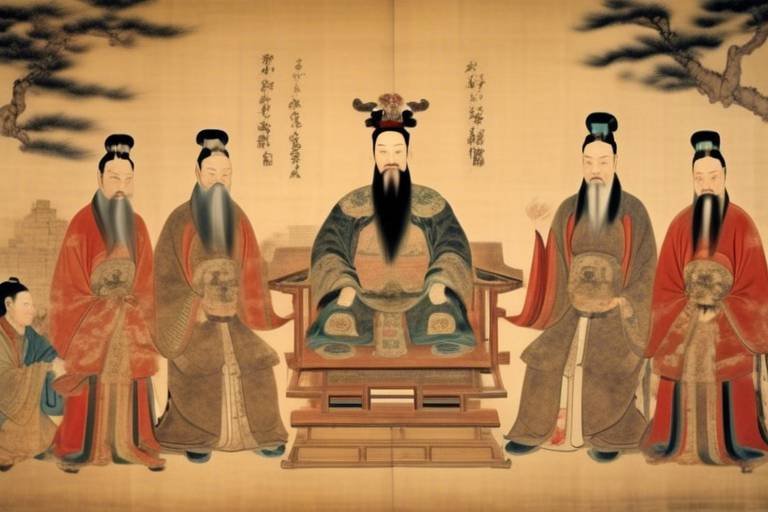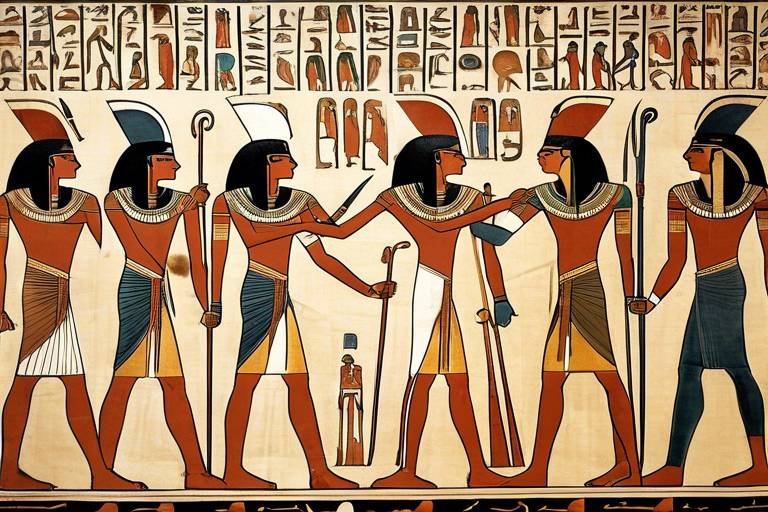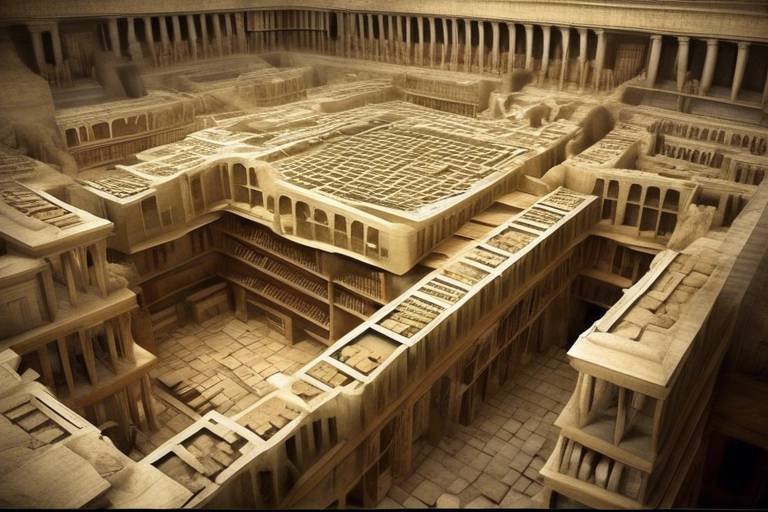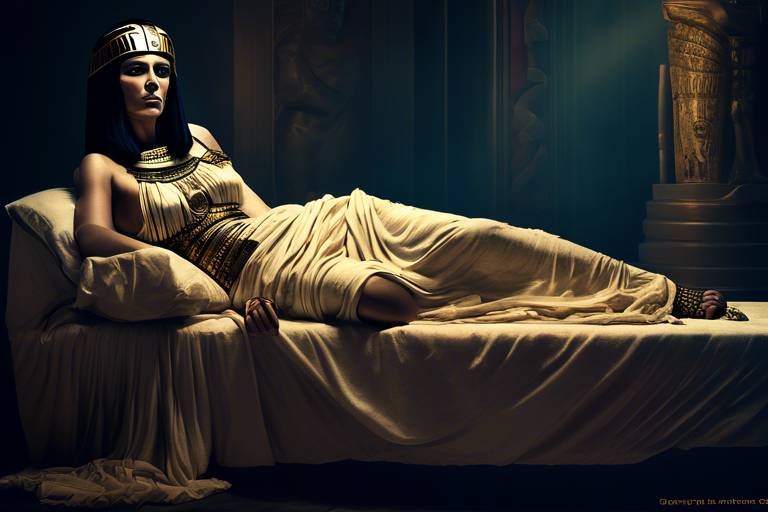The Secrets of the Ancient Egyptians' Political Structures
When delving into the intricate political structures of ancient Egypt, one cannot help but be mesmerized by the fascinating governance and power dynamics that shaped one of the world's most enigmatic civilizations. From the divine rulership of pharaohs to the elite class of nobles, each component played a crucial role in maintaining order and prosperity within the kingdom.
At the pinnacle of the political hierarchy stood the pharaohs, revered as divine rulers with absolute authority over the land. Their influence extended beyond political decision-making, encompassing religious ceremonies and societal norms, solidifying their status as the intermediaries between the gods and the people.
Assisting the pharaoh in governance were the viziers, chief advisors responsible for overseeing administration, justice, and finance. Their pivotal role in maintaining order within the kingdom ensured the smooth functioning of the political machinery, supporting the pharaoh's reign with wisdom and counsel.
Among the privileged class of nobles, power, wealth, and influence intertwined to create a formidable elite that contributed significantly to the political and social fabric of ancient Egypt. Their positions within the hierarchy added layers of complexity to the governance structure, shaping policies and decisions that reverberated throughout the kingdom.
The concept of theocracy permeated ancient Egyptian society, with the pharaoh embodying the divine link between the gods and the mortal realm. This unique form of governance dictated political decisions and societal norms based on religious beliefs, underscoring the profound influence of spirituality on the civilization's political landscape.
Regional governors played a crucial role in enforcing the pharaoh's authority across different parts of the kingdom, maintaining law and order, collecting taxes, and upholding centralized control. Their presence ensured the continuity of governance and the preservation of stability within the realm.
The bureaucratic system of ancient Egypt, managed by scribes, tax collectors, and other officials, facilitated the day-to-day affairs of the state. This intricate network of administrators supported the functioning of political structures, ensuring the smooth operation of government processes and services.
In times of conflict, military leaders rose to the forefront as defenders of the realm, overseeing the protection of the kingdom from external threats. Generals, commanders, and soldiers played pivotal roles in safeguarding the borders and influencing political decision-making during times of war and unrest.
Succession in ancient Egypt was a meticulously orchestrated process, with pharaohs designating heirs and performing rituals to transfer power seamlessly. Dynastic changes had a profound impact on the political landscape, shaping the future of the civilization and ushering in new eras of governance and leadership.

Pharaohs: The Divine Rulers
Pharaohs, the divine rulers of ancient Egypt, held a unique and revered position in society. They were not just political leaders but also seen as gods on earth, embodying both earthly and divine authority. The pharaohs' rule was believed to be sanctioned by the gods, giving them absolute power over the land and its people.
These divine rulers played a crucial role in religious ceremonies and rituals, serving as intermediaries between the gods and the people. Their actions were believed to directly impact the prosperity and well-being of the kingdom, making their decisions highly influential in both political and spiritual matters.
With their divine status, pharaohs wielded immense power and authority, shaping the political landscape of ancient Egypt. Their word was law, and their decrees were to be followed without question. The pharaoh's will was considered the will of the gods, and disobedience was met with severe consequences.
Moreover, pharaohs were responsible for maintaining Ma'at, the ancient Egyptian concept of order and balance in the universe. They were tasked with upholding justice, ensuring harmony within society, and protecting the kingdom from chaos and disorder.
Despite their divine status, pharaohs also faced challenges and threats to their rule. Competing power dynamics within the royal court, external invasions, and internal unrest were constant concerns for these rulers, requiring strategic decision-making and strong leadership to maintain stability.
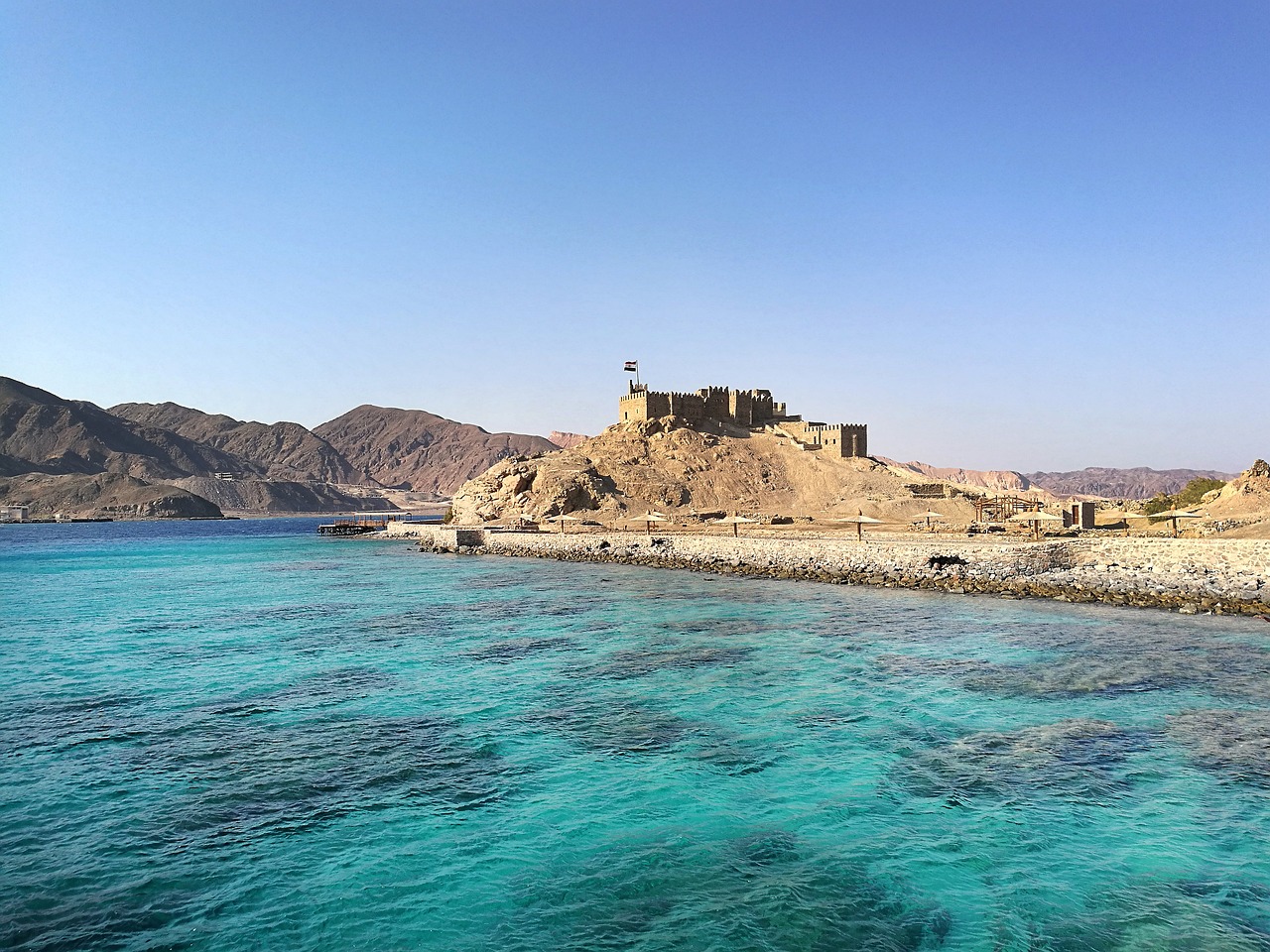
Viziers: The Chief Advisors
Exploring the intricate political systems of ancient Egypt, including the roles of pharaohs, viziers, and nobles, shedding light on the governance and power dynamics of one of the world's most fascinating civilizations.
Understanding the divine status and absolute authority of pharaohs in ancient Egyptian society, their roles in religious ceremonies, and their influence on political decision-making.
Viziers held a crucial position in the pharaoh's court, serving as the chief advisors responsible for overseeing administration, justice, and finance. They played a significant role in maintaining order within the kingdom by ensuring that the pharaoh's directives were carried out efficiently and effectively.
Delving into the privileged class of nobles in ancient Egypt, their positions of power, wealth, and influence, and their contributions to the political and social structure of the civilization.
Exploring the concept of theocracy in ancient Egypt, where the pharaoh served as the intermediary between the gods and the people, shaping political decisions and societal norms based on religious beliefs.
Investigating the role of regional governors in maintaining law and order, collecting taxes, and upholding the pharaoh's authority in different parts of the kingdom, ensuring centralized control and governance.
Analyzing the bureaucratic system of ancient Egypt, including scribes, tax collectors, and other officials who managed the day-to-day affairs of the state, supporting the functioning of the political structures.
Examining the military hierarchy in ancient Egypt, the roles of generals, commanders, and soldiers in protecting the kingdom from external threats, and their influence on political decision-making during times of conflict.
Exploring the intricate process of succession in ancient Egypt, how pharaohs designated heirs, the rituals surrounding the transfer of power, and the impact of dynastic changes on the political landscape of the civilization.
Q: How did the role of viziers differ from that of nobles in ancient Egypt?
A: While viziers were primarily responsible for advising the pharaoh and overseeing administrative functions, nobles held positions of power and influence within the social hierarchy, often owning vast estates and playing key roles in local governance.
Q: What was the significance of the military leaders in ancient Egyptian political structures?
A: Military leaders played a crucial role in defending the kingdom from external threats and influencing political decisions during times of conflict. Their leadership and strategic abilities were essential for maintaining the security and stability of the civilization.
Q: How did the concept of theocracy impact ancient Egyptian governance?
A: Theocracy, where the pharaoh was seen as a divine ruler and the intermediary between the gods and the people, shaped political decisions and societal norms based on religious beliefs. This divine authority of the pharaoh influenced all aspects of governance and social order in ancient Egypt.
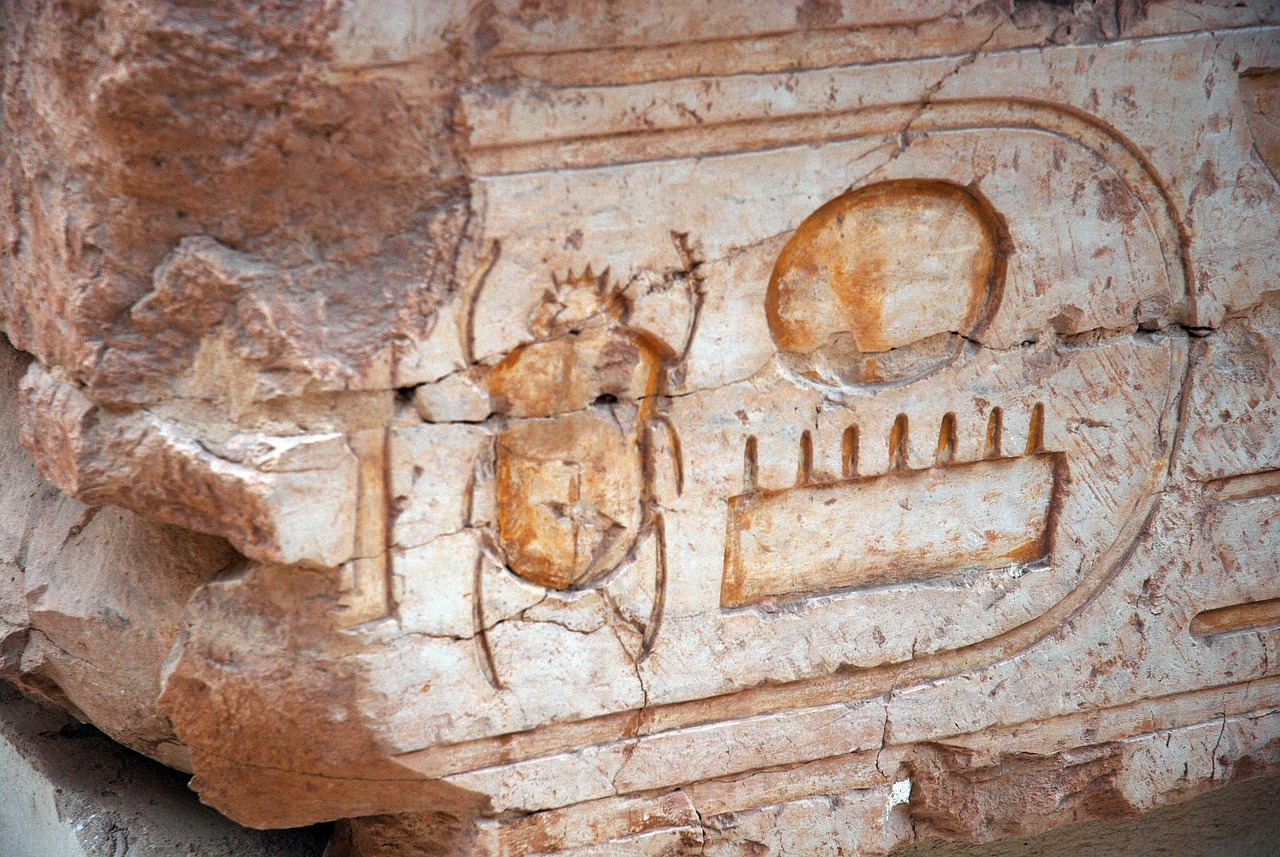
Nobles: The Elite Class
Within the ancient Egyptian society, the nobles stood as the epitome of power, wealth, and influence, forming the elite class that played a crucial role in shaping the political and social structure of the civilization. These individuals held prestigious positions within the hierarchy, often serving as advisors to the pharaoh and overseeing various aspects of governance.
Unlike the common citizens, nobles enjoyed privileges such as vast estates, luxurious lifestyles, and access to the most exclusive circles of society. Their wealth and status granted them significant influence in political decision-making, allowing them to sway policies and shape the direction of the kingdom.
Moreover, the nobles were responsible for upholding the traditions and customs of ancient Egypt, ensuring the continuity of cultural practices and rituals that were integral to the identity of the civilization. Their patronage of the arts, architecture, and religious ceremonies further solidified their position as key figures in maintaining the societal order.
It is important to note that the elite class of nobles was not homogeneous, with varying degrees of power and influence among its members. While some nobles held high-ranking positions in the pharaoh's court and wielded considerable authority, others occupied regional roles or specialized in specific fields such as trade or military affairs.
Overall, the nobles played a vital role in the political landscape of ancient Egypt, acting as a bridge between the ruling class and the broader population. Their presence symbolized the stratified nature of society, where status and lineage dictated one's place in the hierarchy, reinforcing the stability and structure of the civilization.
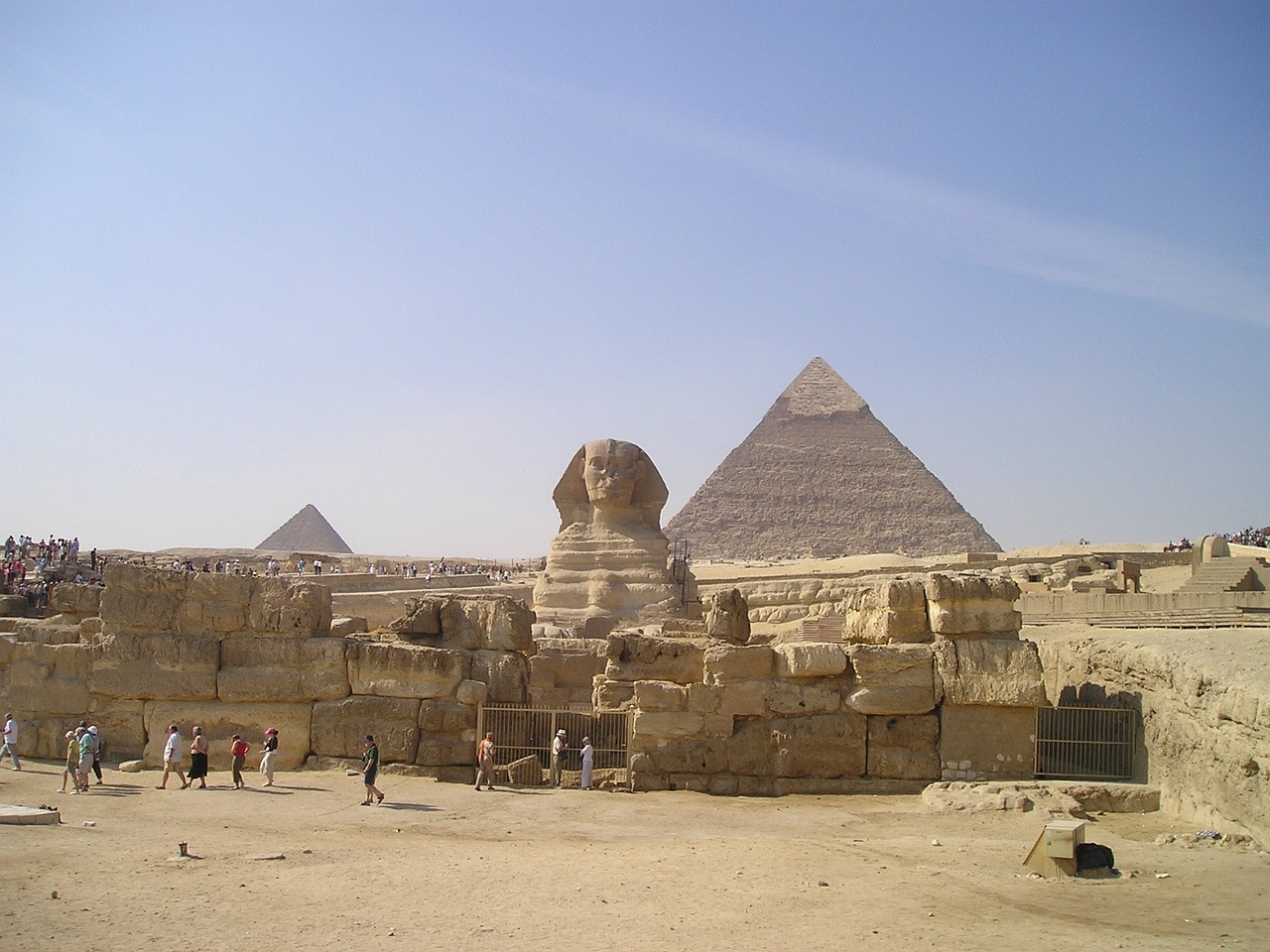
Theocracy: Rule by the Gods
Exploring the intricate political systems of ancient Egypt, including the roles of pharaohs, viziers, and nobles, shedding light on the governance and power dynamics of one of the world's most fascinating civilizations.
Understanding the divine status and absolute authority of pharaohs in ancient Egyptian society, their roles in religious ceremonies, and their influence on political decision-making.
Examining the pivotal role of viziers in the pharaoh's court, their responsibilities in overseeing administration, justice, and finance, and their significance in maintaining order within the kingdom.
Delving into the privileged class of nobles in ancient Egypt, their positions of power, wealth, and influence, and their contributions to the political and social structure of the civilization.
Exploring the concept of theocracy in ancient Egypt, where the pharaoh served as the intermediary between the gods and the people, shaping political decisions and societal norms based on religious beliefs.
Investigating the role of regional governors in maintaining law and order, collecting taxes, and upholding the pharaoh's authority in different parts of the kingdom, ensuring centralized control and governance.
Analyzing the bureaucratic system of ancient Egypt, including scribes, tax collectors, and other officials who managed the day-to-day affairs of the state, supporting the functioning of the political structures.
Examining the military hierarchy in ancient Egypt, the roles of generals, commanders, and soldiers in protecting the kingdom from external threats, and their influence on political decision-making during times of conflict.
Exploring the intricate process of succession in ancient Egypt, how pharaohs designated heirs, the rituals surrounding the transfer of power, and the impact of dynastic changes on the political landscape of the civilization.

Regional Governors: Enforcing Authority
Regional governors played a crucial role in ancient Egypt in enforcing authority and upholding the pharaoh's power across different regions of the kingdom. These governors were appointed by the pharaoh to oversee administrative tasks, maintain law and order, collect taxes, and ensure the implementation of the ruler's decrees. They acted as the pharaoh's representatives in various provinces, exercising control and governance on a local level while reporting back to the central government in the capital.
These governors were responsible for implementing the pharaoh's policies, managing resources, and resolving disputes within their jurisdictions. They worked closely with other officials, such as scribes and tax collectors, to ensure the smooth functioning of the state apparatus. Regional governors were essential in maintaining centralized control and unity throughout the kingdom, preventing rebellions and uprisings that could threaten the stability of the political system.
Furthermore, regional governors played a key role in upholding the pharaoh's authority by overseeing the construction of monumental projects, such as temples and pyramids, which served as symbols of the ruler's power and divine mandate. They also organized labor forces for agricultural projects, infrastructure development, and military campaigns, contributing to the economic prosperity and security of the kingdom.
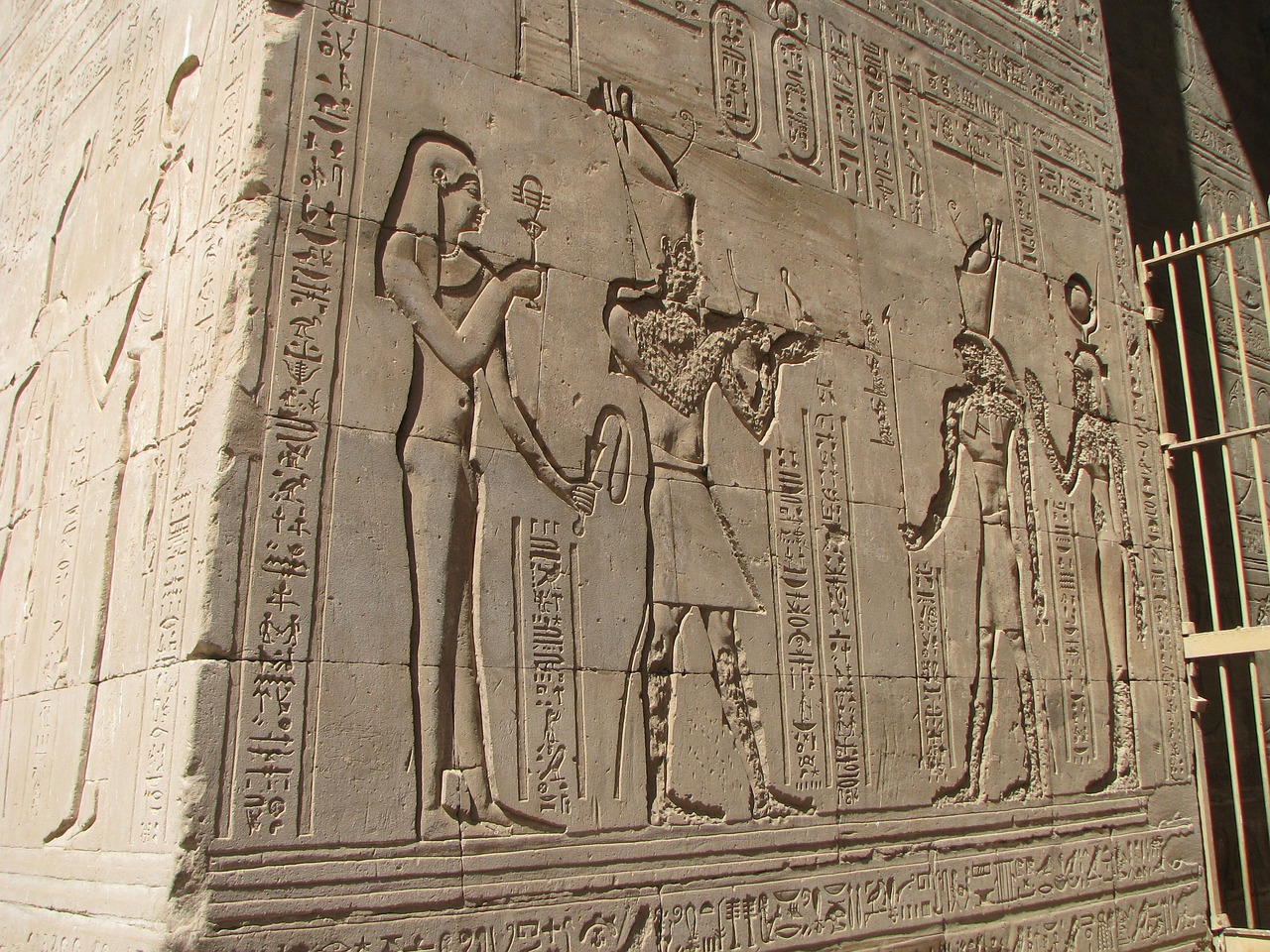
Bureaucracy: Managing the State
In ancient Egypt, the bureaucratic system played a crucial role in managing the state's affairs and ensuring the smooth functioning of the political structures. At the heart of this system were the scribes, highly skilled individuals responsible for record-keeping, correspondence, and administrative tasks. These scribes meticulously documented everything from tax collection to agricultural production, providing the necessary information for decision-making at higher levels of governance.
Furthermore, tax collectors were integral to the bureaucratic machinery, ensuring that the state received its due share of wealth from the populace. They traveled across the kingdom, assessing and collecting taxes from various regions, contributing to the economic stability of the state. The efficient collection and management of taxes were essential for funding public projects, maintaining infrastructure, and supporting the military.
Aside from scribes and tax collectors, other officials within the bureaucracy held specialized roles that were vital for the state's functioning. For instance, overseers were responsible for supervising construction projects, such as temples, pyramids, and other monumental structures that were emblematic of ancient Egyptian civilization. Their meticulous oversight ensured that these projects were completed according to the pharaoh's wishes and within specified timelines.
The bureaucracy also encompassed roles related to justice administration, with judges presiding over legal disputes and ensuring that laws were upheld throughout the kingdom. These judicial officials played a critical role in maintaining order, resolving conflicts, and upholding the pharaoh's authority through fair and impartial decisions. Their adherence to legal principles and ethical conduct helped instill confidence in the justice system among the populace.
Moreover, the bureaucratic system extended to the management of resources, including the allocation of land, labor, and supplies for various state projects. Stewards oversaw the distribution of resources, ensuring that each sector of the economy received the necessary inputs to thrive. This careful planning and resource allocation were essential for sustaining the state's economy, promoting growth, and ensuring the well-being of the population.
In essence, the bureaucracy in ancient Egypt was a sophisticated and well-organized system that played a pivotal role in managing the state's affairs. From record-keeping and tax collection to resource management and justice administration, the bureaucratic apparatus supported the functioning of the political structures and contributed to the overall stability and prosperity of the civilization.

Military Leaders: Defenders of the Realm
When it comes to ancient Egypt, one cannot overlook the crucial role played by the military leaders who served as the defenders of the realm. These individuals held significant power and responsibility in safeguarding the kingdom from external threats and ensuring the security and stability of the land.
The military hierarchy in ancient Egypt was well-structured, with generals, commanders, and soldiers each playing a vital role in the defense of the kingdom. Generals held high positions of authority, overseeing strategic military operations and making critical decisions in times of conflict. They were respected figures who commanded the loyalty and obedience of the soldiers under their command.
Commanders, on the other hand, were responsible for leading smaller units of soldiers into battle, implementing the strategies devised by the generals, and ensuring effective coordination on the battlefield. Their leadership skills and tactical acumen were essential in achieving victory in the face of enemy forces.
Soldiers formed the backbone of the ancient Egyptian military, trained in combat techniques and armed with weapons to protect the kingdom from any incursions. Their discipline, bravery, and loyalty to their leaders were paramount in maintaining the security of the realm and upholding the pharaoh's authority.
During times of conflict, military leaders held significant sway in political decision-making, as the security and defense of the kingdom were paramount concerns for the ruling elite. Their expertise in warfare and their ability to mobilize troops effectively were critical in preserving the territorial integrity of ancient Egypt.

Succession: Passing the Baton of Power
Succession in ancient Egypt was a carefully orchestrated process, essential for maintaining stability and continuity in the civilization's political structure. The pharaoh, as the divine ruler, held immense power and authority, and the transition of power from one pharaoh to the next was a significant event steeped in tradition and ritual. It was crucial for the pharaoh to designate a suitable heir to ensure a smooth transfer of power and avoid any potential power struggles or conflicts within the royal family.
Upon the death of a pharaoh, the designated heir would ascend to the throne, often with the support of influential courtiers and high-ranking officials. The succession process was not always straightforward, as rival claimants to the throne could challenge the designated heir, leading to political instability and unrest. In some cases, military intervention was necessary to secure the new pharaoh's position and assert their authority over the kingdom.
Rituals and ceremonies surrounding the coronation of the new pharaoh played a crucial role in legitimizing their rule and reaffirming their divine status. The new pharaoh would often undergo elaborate ceremonies to demonstrate their connection to the gods and receive their blessing to rule. These rituals served to unite the kingdom under the new ruler and reinforce the belief in the pharaoh's divine mandate to govern.
Succession in ancient Egypt was not solely based on bloodline, as adoption and marriage could also play a role in determining the next pharaoh. The concept of divine kingship meant that the pharaoh was seen as a god on earth, and the continuity of the royal line was essential for upholding the divine order in society. The pharaoh's ability to maintain ma'at, or cosmic balance and harmony, was closely tied to the legitimacy of their rule and the stability of the kingdom.
Overall, the process of succession in ancient Egypt was a complex and highly ritualized affair, shaped by religious beliefs, political considerations, and the need to maintain order and continuity in the civilization. The transfer of power from one pharaoh to the next was not just a political event but a sacred duty that ensured the perpetuation of the divine order established by the gods.
Frequently Asked Questions
- What was the role of pharaohs in ancient Egyptian political structures?
Pharaohs held divine status and absolute authority, serving as both political and religious leaders. They made crucial decisions, oversaw religious ceremonies, and were seen as intermediaries between the gods and the people.
- Who were viziers and what were their responsibilities?
Viziers were chief advisors to the pharaoh, responsible for overseeing administration, justice, and finance. They played a vital role in maintaining order within the kingdom and supporting the pharaoh in governance.
- What distinguished the noble class in ancient Egypt?
Nobles were part of the elite class with positions of power, wealth, and influence. They contributed significantly to the political and social structure of the civilization, often holding key roles in government and administration.
- How did the concept of theocracy influence ancient Egyptian politics?
Theocracy in ancient Egypt meant that the pharaoh ruled as the representative of the gods. This influenced political decisions and societal norms, shaping the governance of the kingdom based on religious beliefs.






